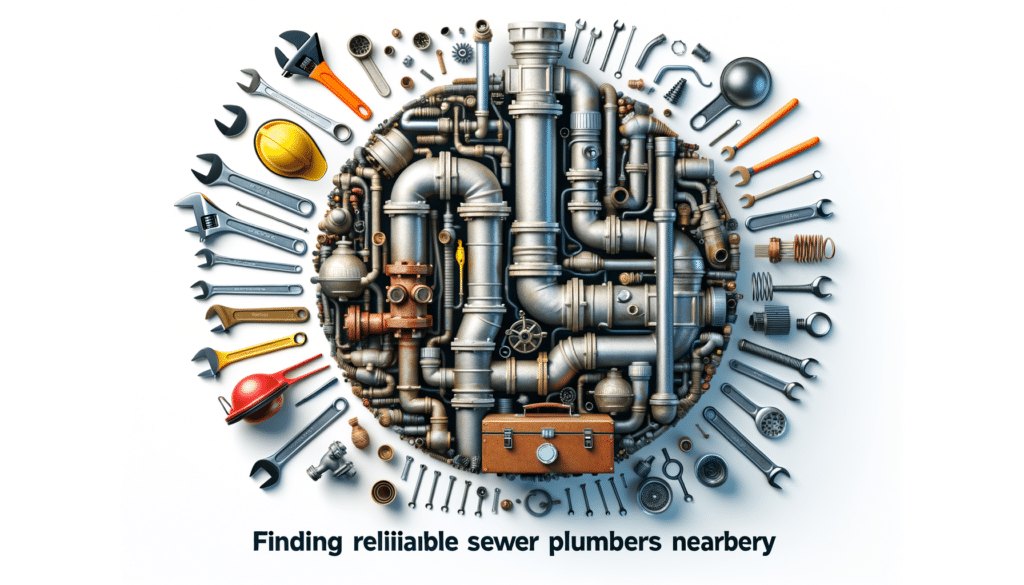Understanding the Need for Window Replacement
Windows play a vital role in the overall functionality and appearance of a home. Over time, they may become less efficient due to wear and tear, leading to increased energy bills and reduced comfort. Window replacement is not just about aesthetics; it is a crucial step in maintaining the home’s energy efficiency and structural integrity. Old or damaged windows can allow drafts, leading to uncomfortable temperature fluctuations and increased reliance on heating and cooling systems. Additionally, they may contribute to noise pollution and reduce the overall security of the home. Recognizing the signs that indicate the need for window replacement is essential. These signs include visible damage such as cracks or warping, difficulty in opening or closing, condensation between glass panes, and noticeable drafts. By addressing these issues promptly, homeowners can improve their living environment and enjoy significant savings on energy costs.
Types of Windows and Their Benefits
When considering window replacement, it is important to explore the various types of windows available to suit different needs and preferences. Each type offers unique benefits that can enhance the functionality and aesthetics of a home. Some popular options include:
- Double-Hung Windows: These windows are known for their versatility and ease of cleaning. They offer excellent ventilation and are a popular choice for traditional-style homes.
- Casement Windows: Hinged at the side, casement windows provide unobstructed views and superior ventilation. They are ideal for modern homes and are often used in areas where maximum airflow is desired.
- Sliding Windows: These windows are perfect for spaces where a horizontal opening is preferred. They are easy to operate and require minimal maintenance.
- Bay and Bow Windows: Offering a unique architectural appeal, these windows extend outward, creating additional space and enhancing natural light.
Choosing the right type of window depends on various factors, including the architectural style of the home, budget, and personal preferences. Consulting with a professional can help homeowners make informed decisions that align with their needs.
The Process of Window Replacement
Window replacement involves several steps to ensure a successful and efficient installation. Understanding this process can help homeowners prepare and make informed decisions. The first step is to assess the current windows and identify the specific needs and preferences for the new ones. This involves considering factors such as energy efficiency, style, and budget. Once the requirements are established, the next step is to select the right windows and hire a professional installer. Professional installation is crucial to ensure proper fit and functionality, as improper installation can lead to issues such as air leaks and water infiltration. The installation process typically involves removing the old windows, preparing the openings, and installing the new windows. After installation, it is important to inspect the windows for proper operation and seal any gaps to prevent drafts. By following these steps, homeowners can ensure a smooth and successful window replacement project.
Cost Considerations and Financial Benefits
Window replacement is a significant investment, and understanding the associated costs is essential for homeowners. The cost of window replacement varies based on several factors, including the type of windows, materials used, and installation fees. While the initial cost may seem high, it is important to consider the long-term financial benefits. New, energy-efficient windows can lead to substantial savings on energy bills by reducing the need for heating and cooling. Additionally, they can increase the overall value of the home, making it a wise investment for the future. Homeowners should also explore potential financial incentives, such as tax credits or rebates, which can help offset the cost of window replacement. By weighing the costs against the benefits, homeowners can make informed decisions that align with their financial goals.
Environmental Impact and Sustainability
Window replacement offers significant environmental benefits, contributing to a more sustainable and eco-friendly home. Modern windows are designed to enhance energy efficiency, reducing the carbon footprint of a household. By minimizing the need for heating and cooling, energy-efficient windows help conserve natural resources and reduce greenhouse gas emissions. Additionally, many window manufacturers prioritize sustainability by using recycled materials and implementing environmentally friendly production processes. Homeowners can further contribute to sustainability by choosing windows with high energy ratings and certifications. By investing in window replacement, homeowners not only improve their living environment but also play a part in protecting the planet for future generations.





